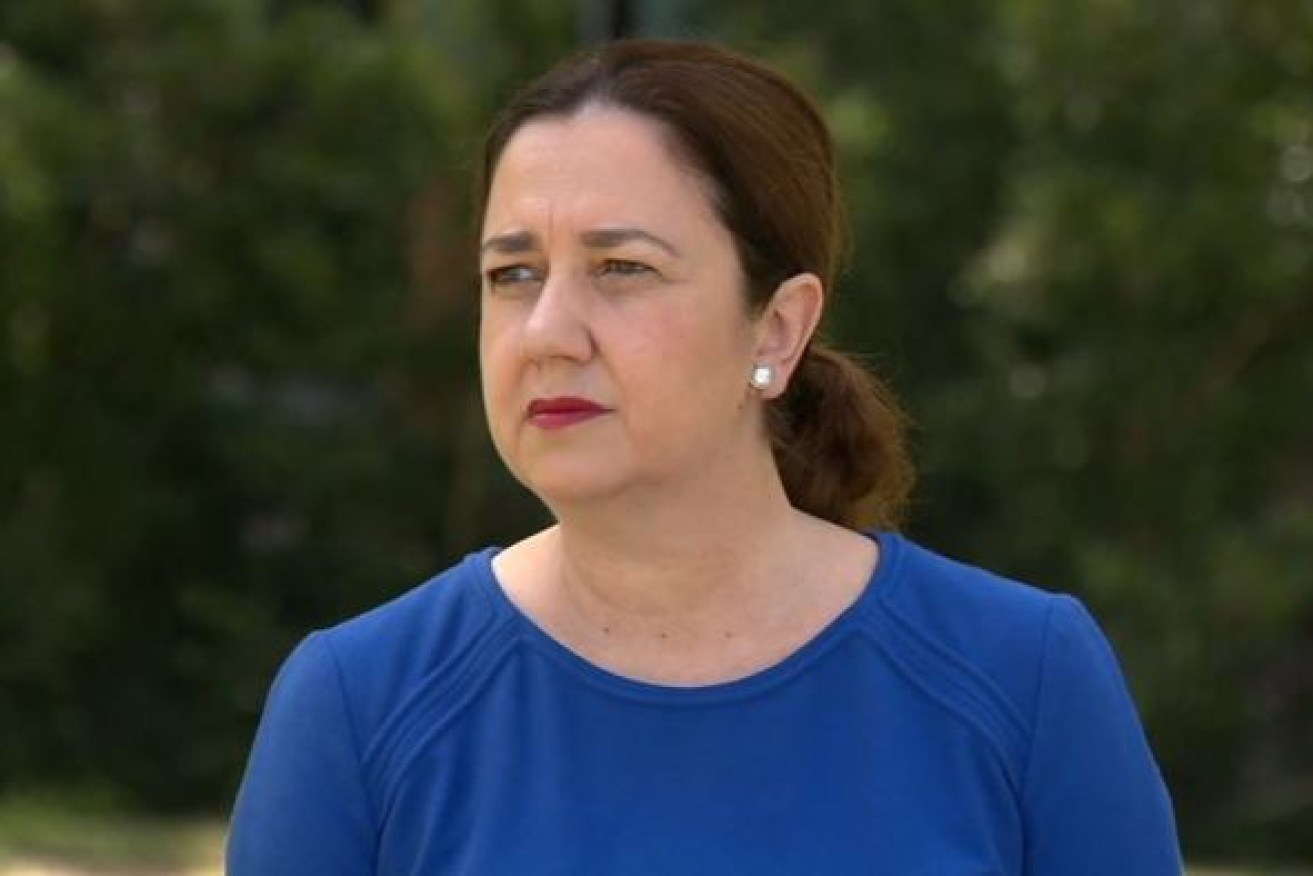What are your rights when the Government ruins your business for ‘the common good’?
Queensland has a brand new Human Rights Act but can it help business owners crippled by COVID-19 lockdowns? Robert MacDonald investigates.


(Photo: ABC)
For months now, the Queensland and Australian Governments have made it nearly impossible for thousands of small business owners to make a living.
But is there anything those affected by COVID-19 lockdowns can do about it?
A good place to start, you might think, is Queensland’s freshly minted Human Rights Act, which came into effect on January 1 this year.
Surely, being allowed to earn a living has to be a human right?
You’d be wrong.
The new Human Rights Act protects a range of individual rights, from property rights and privacy to the right to a fair hearing – most of them already enshrined in existing law.
It reconfirms the illegality of anyone making you a slave and guarantees your right to join a union but doesn’t specifically guarantee your right to make a living.
Even if it did, it wouldn’t make any difference because there’s a catch, a big one.
The act states that Parliament remains sovereign, which means it can, whenever it wants, intentionally pass laws that aren’t compatible with the human rights covered by the new legislation.
And that’s exactly what it’s been doing in response to the COVID-19 pandemic – removing the right of Queenslanders to enter or leave the state at will, or forcing them to stay at home, for example – all in the name of the greater good.
One requirement of the new act is that every single piece of legislation or amendment introduced to Parliament must have with it a Human Rights Certificate.
It doesn’t matter whether it’s a change to the size of nature conservation areas, spanner crab quotas, or public health emergency declarations, each new law or amendment now needs to be assessed for its potential impact on Queensland’s now legally guaranteed human rights.
More than 80 human rights certificates have been tabled in Parliament so far this year, a reminder of just how much new regulation governments can create without pausing for breath.
About a quarter of the certificates concern COVID-19-inspired law changes and many of them acknowledge that Queenslanders’ human rights have been compromised in various ways in the fight again COVID-19.
But the breaches are defended in the name of the common good.
Only the most contrary would argue against the need for personal sacrifice and a united approach as defence against the virus.
But as we move into the recovery phase, how much longer must we have our lives – and our ability to make a living – constrained by government edict?
Especially now that the up-till-now rule that we’re all in this together is fraying.
Crowds can gather to demonstrate for a cause they believe in, with little fear of being fined for breaking the rules, but a café with too many people in it still runs the risk of being penalised.
As Queensland’s Human Rights Commissioner Scott McDougall wrote for InQueensland back in early April when the COVID-19 pandemic was still developing and the emergency restrictions were being put in place:
“As citizens, our role is to recognise the greater good in accepting personal loss of liberty, but we must also strongly assert our freedoms and participate in the scrutiny of justifications.
“As a virus that in time will become more familiar to us, we will have the ability to engage with evidence to assess the ongoing threat posed by COVID-19 and balance the competing interests of individual rights versus collective rights of public health.”
We are now at that point, and many of the emergency restrictions are now being gradually lifted in line with the evidence that we’re on the right side of the curve.
Our personal human rights are slowly being restored to us and business owners are being given more freedom to try to earn a living.
All of which raises the question, what exactly is the point of a Human Rights Act, which when emergencies arise, has little or no impact on the way governments make their decisions?
And an act that can do nothing to protect business owners from the collateral damage to their livelihoods caused by the Government’s public health directives?
Queensland’s Human Rights Act was a five-year project of the Palaszczuk Government, which agreed to the idea to win the support of Independent MP Peter Wellington when it first came into office as a minority government back in 2015.
McDougall defends the act, arguing, among other things, that it is aimed at improving the quality of governance in Queensland by obliging public servants and parliamentarians to consider human rights when making their decisions and new laws.
This, in turn, should reduce the possibility of unintended consequences and the need for later, amending legislation to correct the shortcomings of new laws not fully considered in the first place.
And that in turn, should, in general terms at least, be good for business.
It’s of course, hard to argue against the honourable intentions of an act designed to defend human dignity.
But if you’re a small business feeling badly done by because of pandemic-inspired government decisions ruining your livelihood, you’ll have to look elsewhere for comfort.












